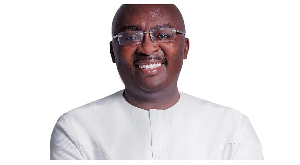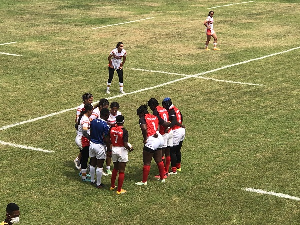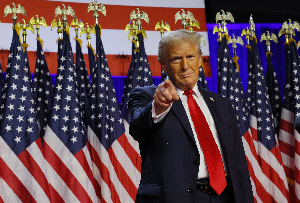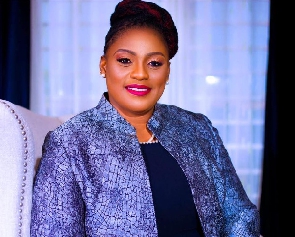The Government of Ghana and its development partners have agreed on a compact that seeks to improve the effective and strategic use of Official Development Assistance (ODA) as well as other forms of development finance and cooperation in support of Ghana’s medium to long term development.
Under the compact, the government of Ghana and the development partners have agreed to respect the objectives and guiding principles of the Ghana shared growth and development agenda, GSGDA 2010-2013 and Ghana’s aid policy and strategy 2011-2015.
Both documents are considered as the basis for the cooperation relationship. Partners to the compact have also reaffirmed their commitment to the aid effectiveness principles as agreed by the Paris Declaration 2005, and the Accra agenda for action 2008 as well as the Busan partnership for effective development cooperation 2011.
Though the Ghana Statistical Service recently classified Ghana as a lower middle income economy, analysts are worried that the status does not reflect the true issues on the ground since the country is dependent on aid from China, USA, Japan among others. However, since Ghana has not appended its signature to the compact, government has expressed its commitment to reducing Ghana’s aid dependency in the medium to long term by:
1. Gradually assuming full financial responsibility for investing in accelerated development to reduce poverty and inequality, 2. Developing a plan for a phased transformation of ODA and other forms of Development Finance and Cooperation, specifying the projected volumes of development financing which the country can expect, projected time-lines; outlining the role of ODA and other forms of financing. 3. Promoting diversified trade investment and regional integration. 4. Resizing the public sector.
Though government plans to execute the above stipulated plans, economists say, they can only be driven by the shared vision of partnership with Development Partners within the context of Ghana’s aid policy.
Though most people Citi Business News spoke to are skeptical about Ghana refusing donor support for developmental purposes, a deputy finance minister, Fiifi Kwetey, is of the view that Ghana can only refrain from donor support through concerted effort.
“If Malaysia, Singapore, and Korea have been able to do it, Brazil is transiting out of it, we have far more potential than all these countries; our problem is that we have not been able to harness our human resource properly and we continue to be aid dependent.; Ghana has no business being on aid now; it’s actually a sad reflection of the poor job that we have done. But I am totally confident that we are well able to make the transition from aid dependency to an independent country able to manage its resources properly,” Fiifi Kwetey.
Meanwhile, the government of Ghana and its development partners have agreed to focus development assistance to issues/sectors of significant strategic importance for national development where aid is needed.
It will also foster the creation of new alliances with emerging new players in the development cooperation with the ultimate goal of transforming Ghana into an established middle income and a less aid dependent country.**
Business News of Monday, 25 June 2012
Source: GNA
Gov’t committed to cutting aid dependency – Fiifi Kwetey

















